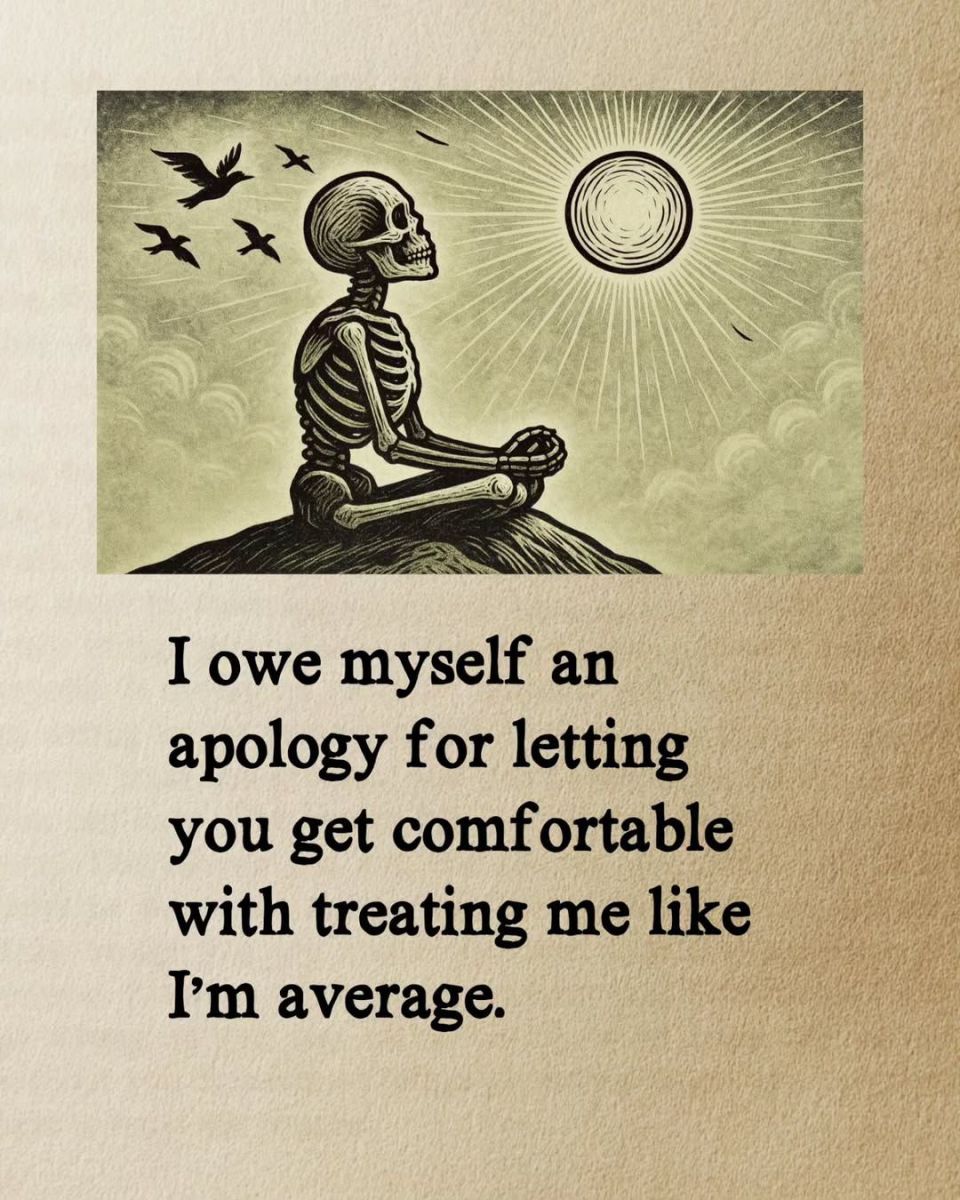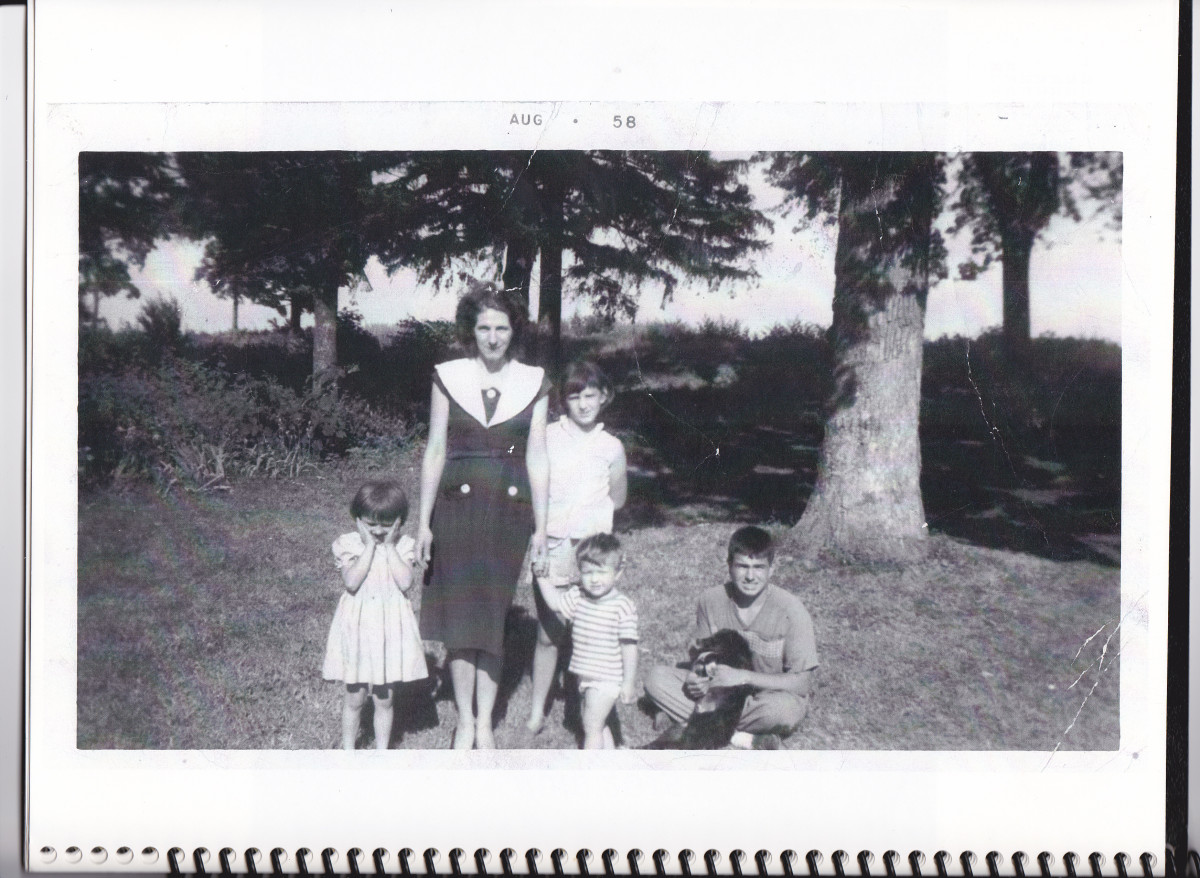1984: How Orwell's Proposed Future Has Changed. A Modern Literary Extrapolation.
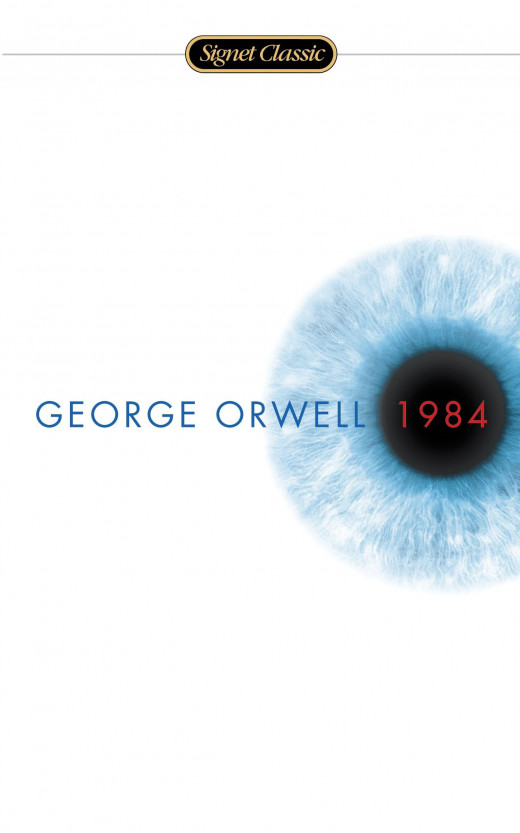
The Introduction
The renowned George Orwell novel 1984, first published in 1949, is utterly fantastic. The issues it raises regarding propaganda, surveillance, and mass thought control are still applicable today, but could perhaps benefit from an upgrade six decades on.
For those unfamiliar with the the novel, Orwell essentially outlined a dystopian totalitarian society, run by the ‘Party’, in which every citizen is a depersonalised number, forced into complete oppression under Party ideologies. It identifies a whole host of fascist and communist propaganda techniques, offering the reader a proposed future taking these feared concepts to their logical extreme (but more on this in a second). If you have not read it already, you absolutely need to stop reading this and go find a copy (there's a cheap one here).
The future, the year 1984, offered a world where the authoritative corruption of the time continued and intensified. While no rational mind understood the text as a literal possibility of the future, it certainly struck a chord in many people as to how easily authority could steal an individual’s freedom and identity from within his or her own mind. Brainwashing had become a reality.
As time progressed the fear of fascism and communism peaked and subsided, but the propaganda techniques and mass surveillance Orwell warned us about have become more prevalent than ever. The internet wasn’t even within our realm of understanding, but Orwell predicted the privacy concerns we face today over sixty years ago with television screens in citizens homes that could watch you. We experience more subconscious ‘encouragement’ now than ever before through careful manipulation of words and images to elicit the emotions others want us to feel, exactly as the Party did in 1984. Perhaps the most worrying of all is the helpful yet unnerving existence of targeted advertising.
The Concept
Orwell did what is called, for purposes of this Hub, a ‘literary extrapolation’. He proposed a fictional future based on the acute enhancement of certain circumstances as they currently stood. While all dystopian sci-fi novels do this to some degree — that is, after all, their purpose: reflecting human nature in a predicted future, similar enough to be relatable but extreme enough to be considered bleak and undesirable — Orwell's 1984 almost completely revolved around the concept.
He did this incredibly well in ’49, and these issues only gained mainstream attention because of him. But the times are, inevitably, moving forward, so I’d like to perform a ‘revisited literary extrapolation’ in the context of the ideas raised in 1984. Imagine writing Orwell’s novel today about the issues we are still facing, taken to their logical extreme 35 years from now (2050).
NOTE: WHILE A NUMBER OF POINTS WILL BE OUTLINED, IT IS STRONGLY ENCOURAGED TO COMMENT YOUR OWN POINTS TO ENHANCE THE COMMUNAL LITERARY EXTRAPOLATION THAT IS 2050.
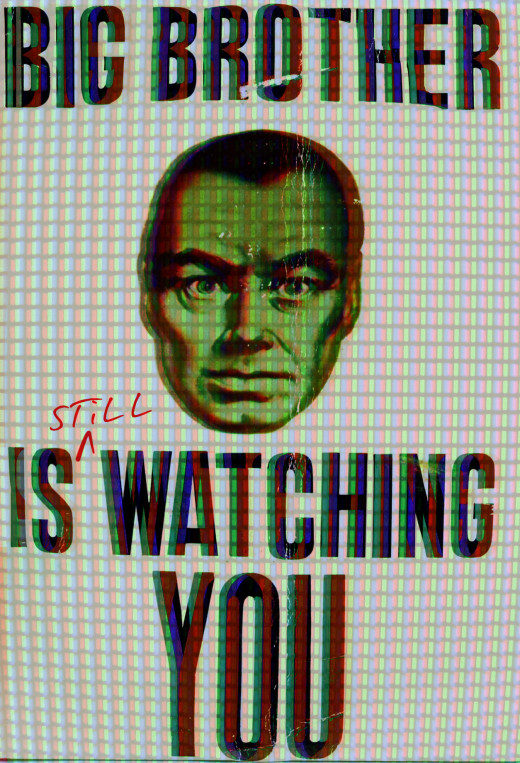
The Extrapolation
Let’s first consider the term ‘extrapolation’ for those unfamiliar with it or would benefit from a refresher. Most often used in mathematics, it means ‘to extend based on a current trend’. In other words, if the methods of propaganda and thought control — as they currently stand — continue intensifying at the rate they have been, how will 2050 look? In this scenario, to maintain consistency with 1984, we will ignore extrapolated environmental issues.
What should initially be outlined, while 2050 will be a ‘dystopia’, is this suggested future could not be considered bleak by any measure. The only way an authoritative body could suppress westernised society is by making the masses want to be a part of it. No one would stand for a decrepit, smoggy future. Colour and video would keep us entertained, and material luxuries would create the illusion everything is alright.
Assuming some form of democracy remained, political agendas would persuade us more than ever. The wording used would be so emotionally triggering there’s no telling what they’ll convince us to do or believe. But the government’s control over us won’t be the problem. It’ll be the large companies.
If consumerism trends extrapolate into 2050 at the rate they are, we will all be slaves to highly addictive products. All foodstuffs will contain the scientifically ideal level of sugar, the bliss point, creating a society physically dependent on the food and drink we’re told we like. Sadly, this isn’t an extreme way of the future, this is now.
For more information regarding the sinister research companies are conducting to addict you to their product, I recommend checking out Damon Gameau's That Sugar Book which can be purchased here and its film counterpart That Sugar Film.

Our collective attention span has decreased rapidly over recent years due to the ease of access and extreme competition of video content. Video clips must become more entertaining and get to the point quicker or else we’ll stop watching, so 2050 would be filled with fragmented video segments at fractions of seconds long. This flashing, subconscious-targeting content would render us entirely susceptible to corporations’s carefully orchestrated messages.
Advertising would certainly be the biggest dystopian element of this proposed future. Currently, online ads are tailored to you based on your search history, age, gender, and a whole host of other factors. The recorded data of your your search history and your online presence knows more about you than you know about yourself: it knows your medical conditions, your relationship problems, that you cleaned red wine off your carpet using vinegar and bi-carb a year ago today. It knows what you look like and how you’re ageing, your taste in movies, music, it knows the words you can’t spell and your philosophical views. Social media is even worse, having the ability to target adverts specifically to you based on every physical attribute and digitally recorded action you give them (age, relationship status, location, the places you go, the content you're interested in etc.). It knows, based on your pictures, what you look like and even what clothing brands you wear. Imagine a 2050 where your entire personality is stored, forming a completely individualised customer profile toward which they target ads.
If a corporations were to get a hold of that information (or if they initiated the collection of data themselves or, say, purchase it from a certain search engine company) there’d be no need for generic advertising ever again. They would know exactly how you feel and how to change how you feel. As you walked down the street, facial recognition software would identify you based on your online presence and display the perfect ad for you while you look at it, and for someone else when you look away.
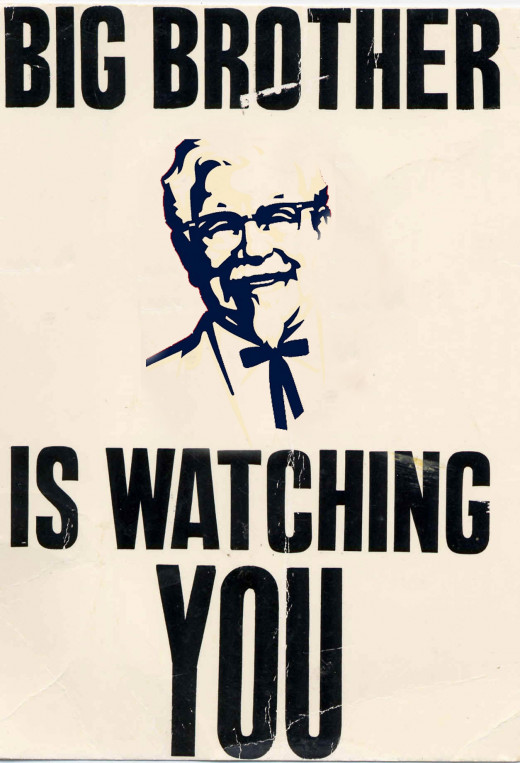
But while they would record your personality and could easily alter it, no one would take it away from you. Even today, individualism is synonymous with freedom. It doesn’t matter if you’re stuck in a work-farm job in the same suit and tie as three hundred other people so long as you can go home, watch what you want to watch, drink what you want to drink, and think what you want to think, even if all these factors were influenced by those who want you to be a certain way. Orwell’s future took away this freedom of choice, or at least made freedom's absence too obvious, which is why it could never work today.
Freedom, or its appearance, would certainly be maintained, even if it didn't exist. Companies may even ironically state their support of freedom by referencing 1984 while influencing you to buy their product, but I don't think anyone's that obvious about it...
The Conclusion (or Encouraged Continuation)
There is so much more to write about a dystopian future given what we know now. This Hub could extend indefinitely, forever elaborating on ways George Orwell’s 1984 predictions have shifted for 2050. But now it’s up to you. I’d absolutely love for this post to turn into a discussion in the comments.
I absolutely encourage people to disagree with anything or everything I've said because diverse thoughts create discussion, which form more educated ideas and smooth out rough edges. I'd like nothing more than getting a low rating (and be sure to cast your vote), because the more people disagree, the bigger the discussion will get! But don't rate low unless you're willing to back up why.
If you’re too worried your comment will be attacked, I welcome personal messages and emails, too (but do certainly try to post about it. I'll maintain a friendly and constructive environment)!







